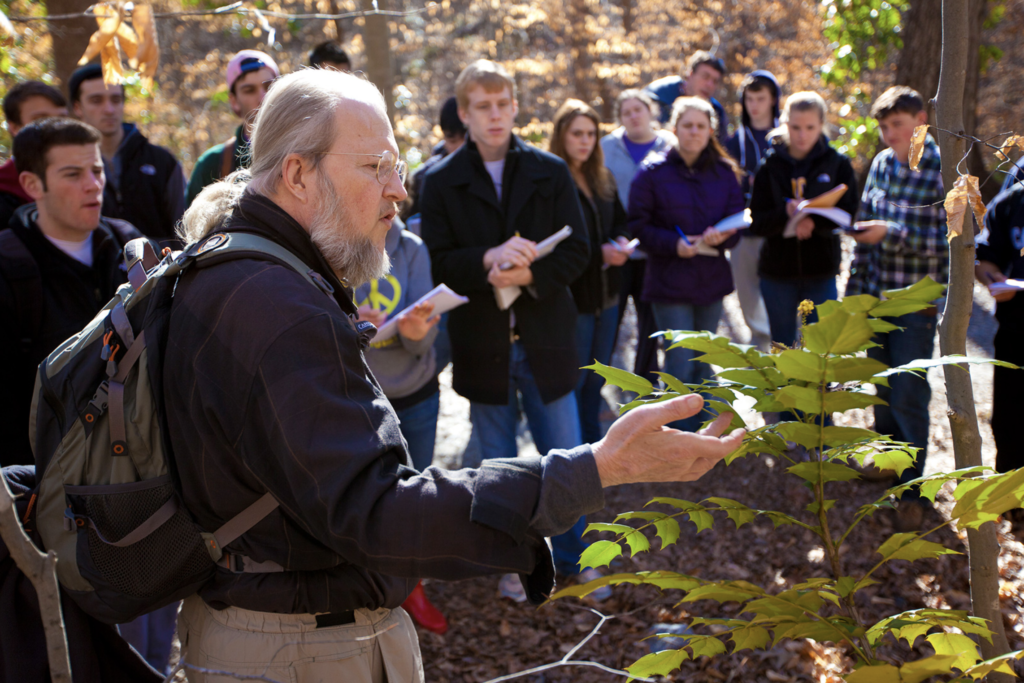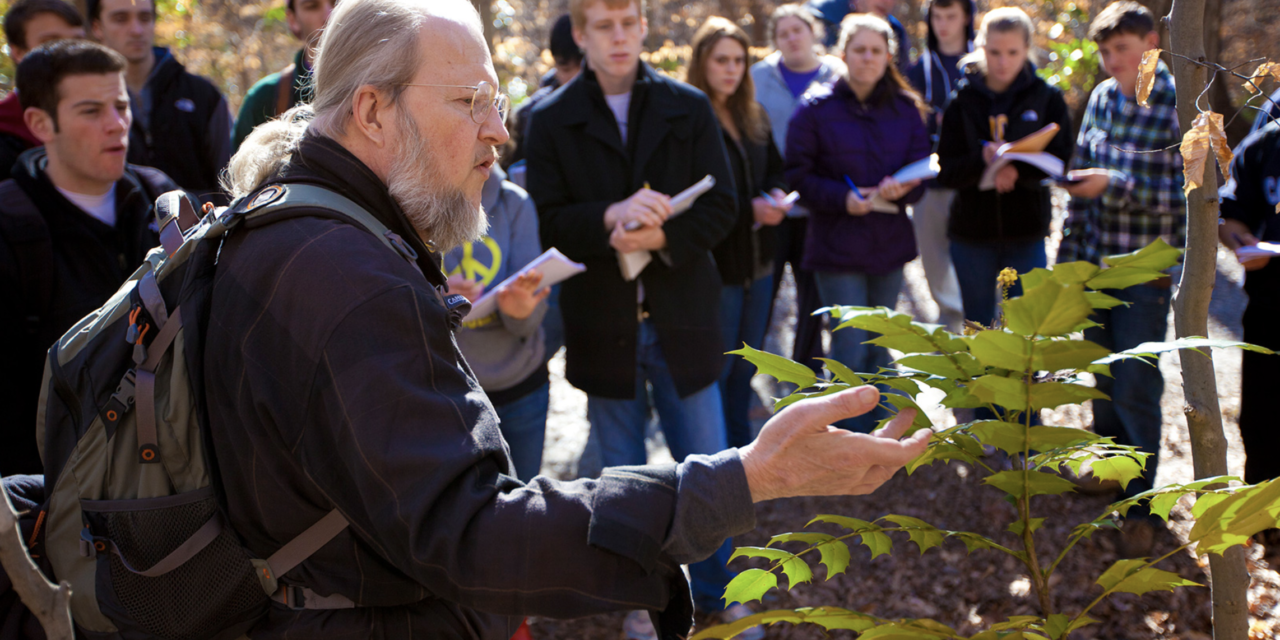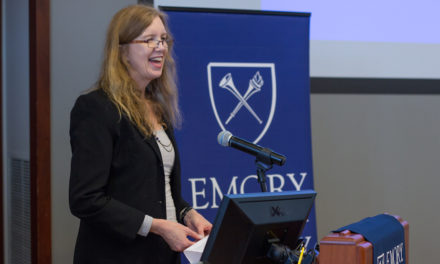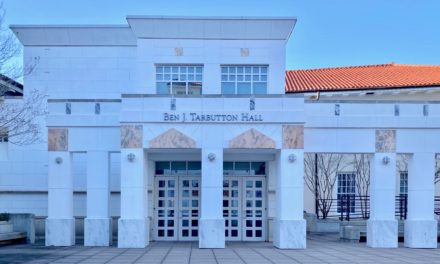A proposal spearheaded by Associate Professor of Environmental Sciences Eri Saikawa for a new environmental advocacy Ph.D. program has reached the external review phase, which is the final step before becoming approved for fall 2024, Saikawa said.
The environmental advocacy Ph.D. program, which would fall under the environmental science department, will focus on addressing global environmental issues through policy changes. It is an interdisciplinary program that incorporates experiential learning and evidence-based research as foundations for policy making.
Laney Graduate School’s Executive Council is conducting a nationwide search for three environmental sciences experts to visit campus in spring 2023 to determine whether the Ph.D. program proposal needs to be revised. If the proposal passes the external evaluation, Saikawa said Emory University will begin recruiting potential Ph.D. students in fall 2023, with the program officially starting in fall 2024.
The University is hoping to recruit three students for the program each year for the first few years, then increase recruitment to five students per year, Saikawa added.
“Our goal is to develop a unique interdisciplinary approach to environmental sciences that will include the social sciences and the natural sciences to investigate some of the world’s most pressing problems around climate, natural resources, air, water pollution and the whole damage” interim Emory College of Arts and Sciences Dean Carla Freeman said. “We see this as one of the most important areas for growth and development so we’re excited to explore the possibility of a new Ph.D.”

Environmental Science Associate Teaching Professor John Wegner teaches a class outside. Courtesy of Emory University
Saikawa initiated the proposal for an interdisciplinary Ph.D. program in environmental advocacy in fall 2021, working with her colleagues to submit a letter of intent to Associate Dean of Academic Planning and Strategic Initiatives Lori Cavagnaro and Laney Senior Associate Dean Jeffrey Staton.
“This program is unique in two ways: it is both going to leverage knowledge, skills and approaches from scholars working on environmental issues in the natural sciences as much as scholars working from the social science perspective,” Staton said. “The second feature is that it is really focused on providing experiential learning opportunities for Ph.D. students as they finish the degree.”
According to Saikawa, the Ph.D. program will focus on research that will be useful for policy making and plans to staff 42 faculty members from 18 departments, such as environmental sciences, anthropology and human health. To recruit faculty, Freeman said that the University hopes to hire professors from the two new initiatives the Office of the Provost launched in 2022 — the AI.Humanity Initiative and the Emory Climate Research Initiative.
“I hope that we will attract scientists who work in the [artificial intelligence] space and on climate,” Freeman said. “That’s one area of potential investment in faculty hiring that will be very exciting and important.”
Saikawa plans to have three mentors for each student in the program — one Ph.D. advisor and two members on the Ph.D. candidate’s dissertation committee. The students will apply what they learn from their advisors to create positive policy changes, Saikawa said.
Multiple mentors with different discipline specializations could help diversify the students’ education, Saikawa added. One faculty member might be from the environmental sciences department, while the others might be from the anthropology or human health departments, for example.
“The goal is to synthesize knowledge,” Saikawa said. “There are pressing social environmental challenges. It’s not just natural science or social science, but it’s happening in different areas.”
The University will strive to admit students who are passionate about complex environmental issues, Saikawa said. Although they could focus on researching environmental issues, admitted students should also want to merge their knowledge in multiple disciplines. Students are also required to have previous research experience.
“Usually we recommend that you don’t do the graduate program and the college in the same school because you really grow intellectually by working with different people,” Saikawa said.
Considering global environmental issues, Saikawa said she wants to integrate viewpoints from a wide range of countries, so the program also seeks to recruit international students.
“It is not just environmental sciences Ph.D., it really includes physical sciences and natural sciences and we are interested in being able to integrate humanities,” Saikawa said. “That’s a very nice component of Emory, where we have a very good foundation in all different areas.”






